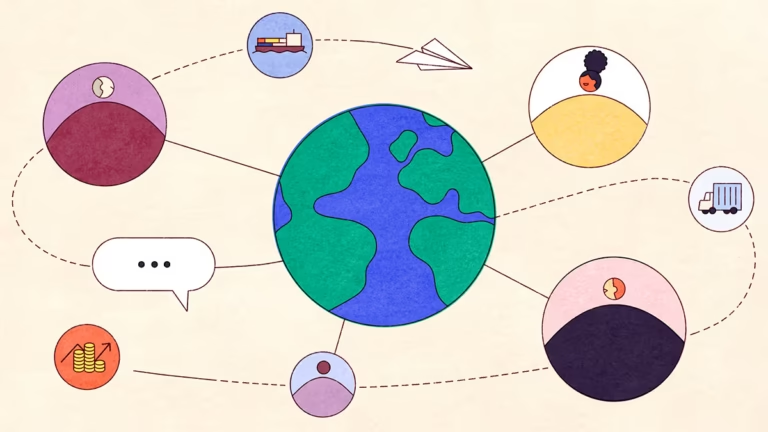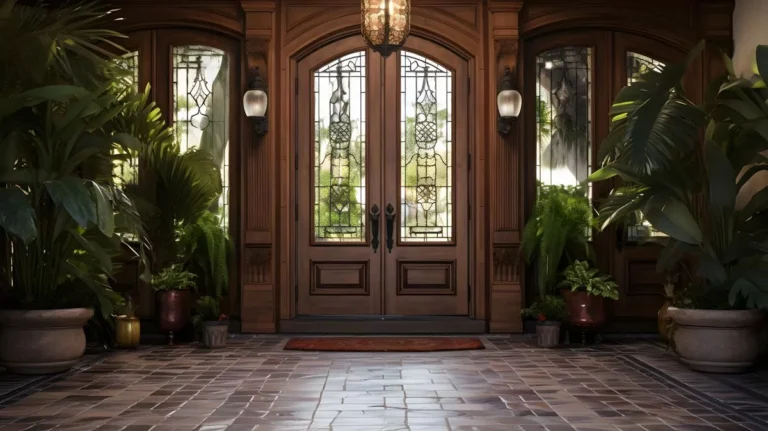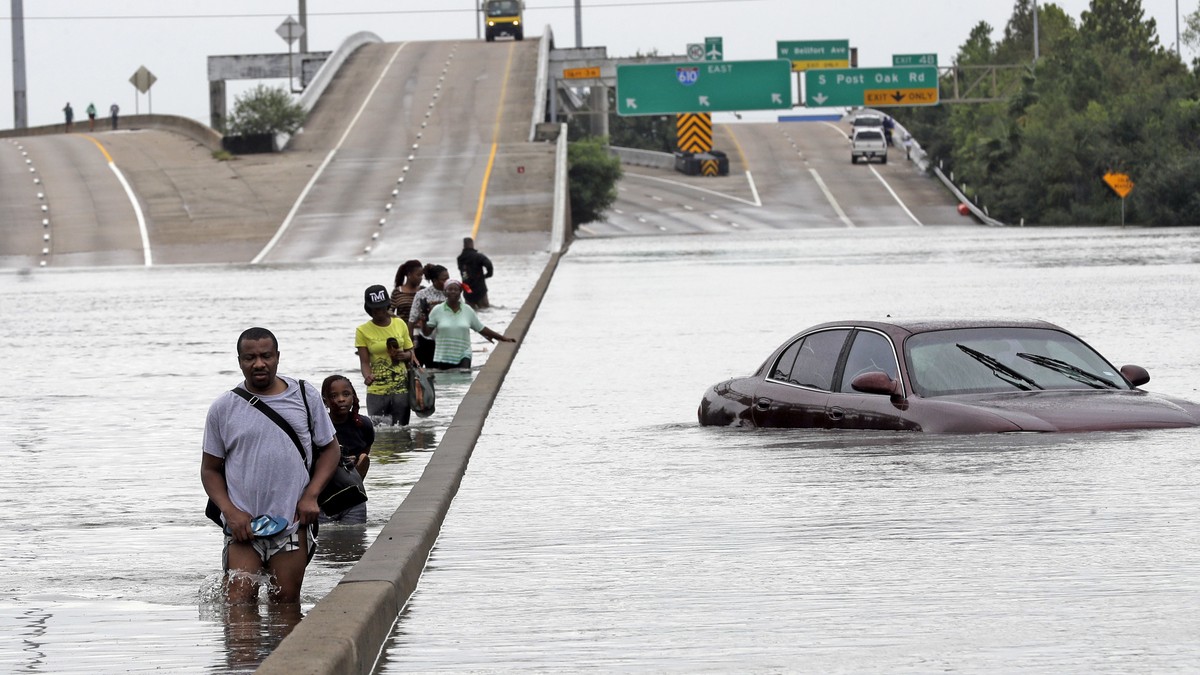
FILE - In this Aug. 27, 2017 file photo, evacuees wade through floodwaters from Tropical Storm Harvey on a section of Interstate 610 in Houston. Houston area officials expressed shock and anger on Friday, May 21, 2021, after learning that their communities, which suffered the brunt of damage from Hurricane Harvey, would be getting a fraction of $1 billion that Texas is awarding as part of an initial distribution of federal funding given to the state for flood mitigation. (AP Photo/David J. Phillip, File)
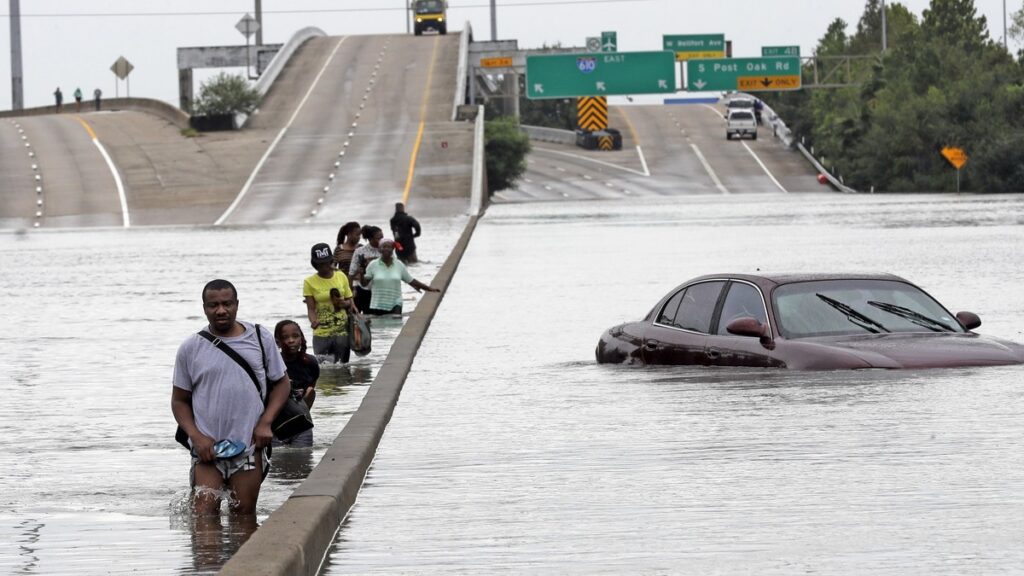
Dodge the Deluge: Texas Cities Where Floods Don’t Stand a Chance
When folks talk about Texas, sure, you get the classic imagery—endless highways, wildflowers, maybe a pit stop for brisket. But, let’s be real, if you’ve watched even five minutes of the news during hurricane season, you know not every part of Texas is created equal when it comes to floods. Some spots? Practically marshland. But others? Dry as a bone, baby.
Let’s say you want the big Texas experience minus the soggy living room carpet. Good news: some cities here barely know what a flood warning sounds like. I mean, nowhere is 100% water-proof (unless you’ve got a houseboat), but some places are honestly as close as you’ll get.
https://climatecheck.com/texas
So, I’ve rounded up the top Texas cities where you can chill out about flood risks—places with smart city planning, good drainage, and, well, not much rain. Whether you’re shopping for a new zip code or just want to sleep better during storm season, this list should help.
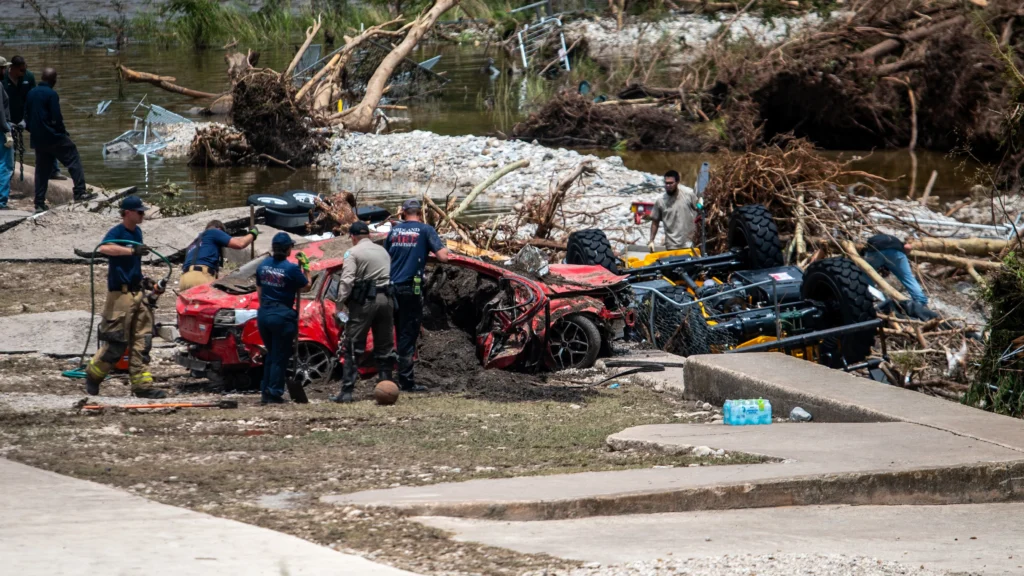
Why You Should Actually Care About Flood Risk in Texas
Look, Texas weather can go from “sunbathing on the porch” to “grab the sandbags” in about ten minutes, especially in hurricane season (June through November because Mother Nature has zero chill). The coast and spots near big rivers get hammered the most—think Brazos, Trinity, Colorado, all those guys. And then there’s the whole rapid development thing, where cities toss up concrete like it’s going out of style, which basically tells rainwater, “Hey, no room for you here—go flood my neighbor’s house instead.”
Plus, climate change is just making stuff weirder. More rain, less predictability. If you own a house or even just rent, less flood risk means cheaper insurance, less drama, and less time bailing water out of your garage. Trust me, it matters.
How These Cities Made the List
I didn’t just pick names out of a cowboy hat. This is based on FEMA flood maps, NOAA data, how cities plan for flooding, elevation, and whether the local government actually knows what the heck it’s doing when it rains sideways. Basically, these are the places that don’t get their socks knocked off every time there’s a thunderstorm.
Alright, here we go:
- El Paso – The “We Forgot What Rain Looks Like” City
Flood Drama: Almost nonexistent
Where: West Texas
El Paso is basically the Texas version of Arizona—dry, high up, and not even on a hurricane’s radar. Average rain? Like, 9 inches a year. Your houseplants will suffer more than your basement.
Why Move Here?
You’re up at 3,740 feet, so rain’s gotta work hard to even get here. Desert ground soaks up what little does fall, storm drains are on point, and hurricanes don’t even know the way. Plus, you get killer sunsets, a cool cross-border culture, and—you ready?—it’s actually one of the safest big cities in the country.
- Lubbock – Where Tornadoes Party, But Floods Don’t
Flood Drama: Pretty low
Where: Northwest Texas
Lubbock’s way up there (3,200 feet). No rivers, no coast, not much to flood. Sometimes you’ll get a gnarly thunderstorm, but giant floods? Nah.
Why’s It Work?
It’s dry, it’s windy, and they keep upgrading the infrastructure. You’ve got Texas Tech bringing in the college energy, houses don’t cost a fortune, and the city keeps growing.
- Amarillo – Cowtown, Not Water Town
Flood Drama: Low
Where: Panhandle
Pic Credit: The Atlantic

Amarillo’s another one for the “rain, what’s that?” club. High ground, barely any annual rain, and the drainage is solid. Hurricanes? Please, those things can’t find Amarillo on a map.
What’s Good?
Chill pace, nice people, and just enough cowboy hats to keep it interesting. It’s perfect if you want affordable living without the flood headache.
- Midland – Oil, Money, and Dry Feet
Flood Drama: Also low
Where: West Texas
Midland is famous for oil, but maybe it should get more hype for its anti-flood powers. Flat, arid land, hardly any rivers or lakes, so water’s not hanging around long enough to cause trouble.
Why Bother?
If you work in energy, the pay’s good. City’s modern, family-friendly, and, as a bonus, your basement won’t double as a swimming pool.
- San Angelo – River City, But Still Dry
Flood Drama: Low-to-moderate (but mostly just low)
Where: West-ish Central Texas
San Angelo gets a bit more green (yes, there’s a river), but don’t sweat it—they’ve got levees, smart zoning, and decent river control. Floods are rare, and the city’s on top of it.
Why It’s Cool:
Downtown’s cute, the riverwalk is actually worth a stroll, and the community’s tight-knit. Good for families and retirees who want pretty views without flood insurance nightmares.
- Abilene – Central Texas, But Basically a Desert
Flood Drama: Low
Where: West-Central Texas
Abilene’s got that dry, warm climate, and—get this—they actually bothered with drainage planning so when it does pour, the water doesn’t just sit around. No big rivers, so you’re safe.
Perks?
Urban comforts, but you still feel like you’re in small-town Texas. Not much flood drama, decent cost of living, and people wave at you in the grocery store.
So, there you have it. You can keep your feet dry in Texas—you just gotta know where to look. And hey, your insurance agent will probably thank you.



